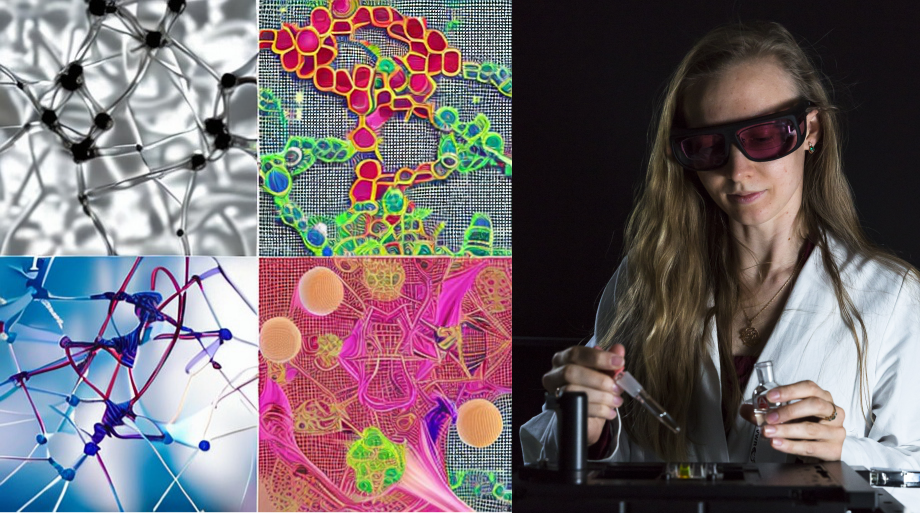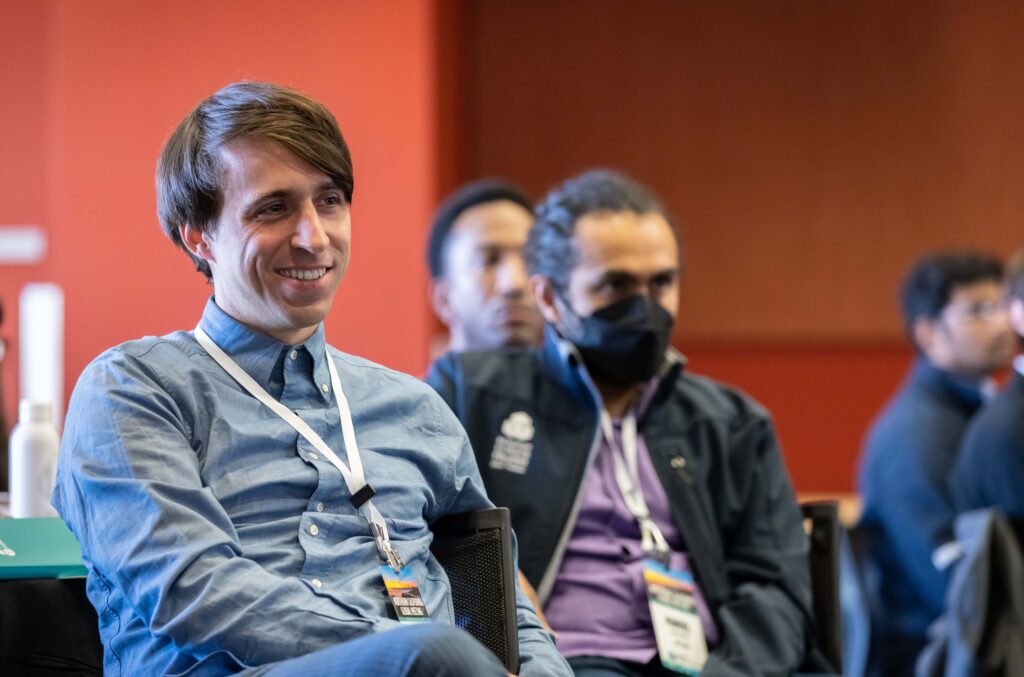2019 Fellow, Kadi Liis Saar has recently had work on a predictive inhibitor design against the main protease of SARS-CoV-2 published in The Proceedings of National Academy of Sciences of the USA.
The work combined machine learning and structural biology approaches, which was one of the key directions of her Fellowship research. Together with the COVID moonshot consortium, Kadi applied this approach to generate binders to the main protease of SARS-CoV-2 and arrived at a highly-potent (~100nM) inhibitor that is now one of the back-up series for the project. The developed framework can allow us to start finding drugs more efficiently and therefore decrease the time taken to deliver treatment plans to patients.
Our understanding of the molecular basis of human health and disease is advancing rapidly…
A common challenge in drug design is finding chemical modifications to a ligand that increases its affinity to the target protein. Kadi focussed on using experimentally determined ligand-bound crystal structures to guide the design of potent ligands against the main protease of SARS-CoV-2, a key protein within the cells responsible for the viral replication.
Kadi commented: “I was very excited to work on this project because it was my first real exposure to the pre-clinical drug development process. While our initial focus and motivation was on SARS-CoV-2, the framework is translatable to other targets.”
Kadi is trained as an experimental biophysicist. During her PhD, Kadi developed new measurement technologies for probing how molecules, particularly proteins, interact. As a Schmidt Science Fellow, Kadi continued her research on the molecular interactions underpinning human health. Working with Dr. Alpha Lee at the Cavendish Laboratory at the University of Cambridge, she focussed on using state-of-the-art computational and data-driven modeling approaches.
Kadi is currently a research fellow at the University of Cambridge and St. John’s College and directs computational and machine learning research at Transition Bio, a spin-off company from her Fellowship research. Kadi said: “I am enormously grateful to the Schmidt Science Fellows Program for the opportunity to pivot to a new discipline. Broadening my scientific horizon from experimental to computational sciences and to data-driven modeling enables me to work on highly cross-disciplinary projects that I would not be able to do otherwise.”
Kadi continued: “Our understanding of the molecular basis of human health and disease is advancing rapidly. I am convinced that the ability to combine data from novel experimental technologies with state-of-the-art computational and machine learning approaches is a key component to the development of intervention tools that can help us all live healthily for longer.”
Read the paper in full here.



